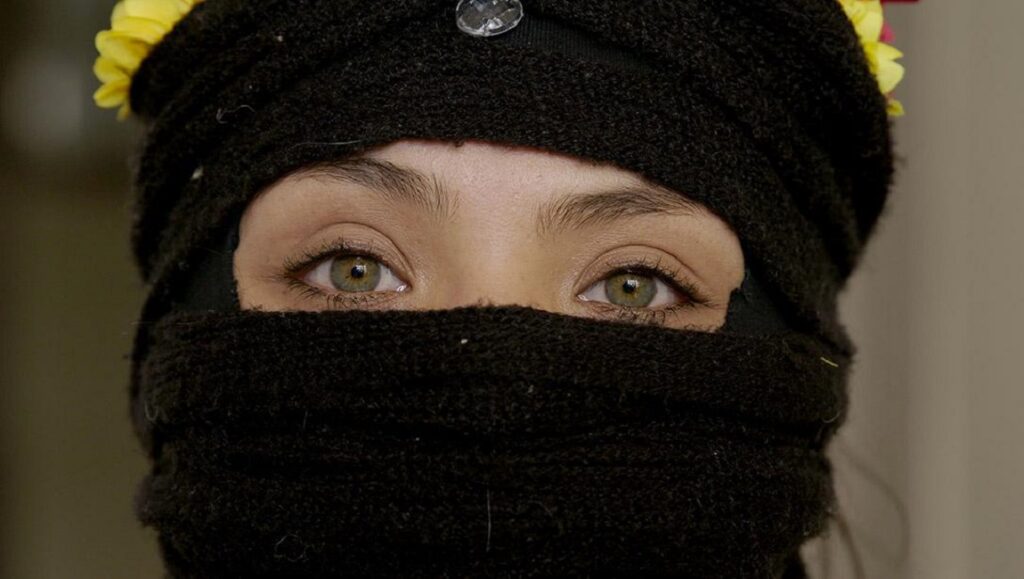My Imaginary Country finds Guzmán contending with nostalgia for perhaps the first time, and the resultant film isn’t quite sure how to handle this pivot.
Gabriel Boric, at the end of 2021, was elected Chile’s president. At 36 years old, he was elected with the largest popular vote in the country’s history. He is a leftist, quoted as coming from “the Chilean libertarian socialist tradition,” and his presidency coincides with the process of writing a new constitution, rehabilitating the country’s democracy after having, for decades, failed to unshackle its institutional infrastructure from Pinochet’s dictatorship and American interventionism. Patricio Guzmán’s latest documentary is an observation and inquiry into the subjectivity of revolt that had recently forced the hand of the state. In its expositional form (talking head interviews frequently intercut with observational footage that give indexical reference to an interviewee’s discussion), Guzmán firmly positions himself as a spectator of this movement, less so as the participant his filmography has so historically suggested.
Early on in the film, Guzmán, perhaps with an unintentional condescension, suggests that the revolts are organized “without leaders, without ideologies.” This is troubling because the film itself will soon outline a clear social-populist indignation that has rattled cages. In an interview later in the film, a feminist organizer articulates, “[There are] no leaders who might lead this revolt toward a fixed goal. That is what makes it complicated to initiate negotiations with the authorities. And that’s a good thing, as we don’t want to negotiate with anyone. We just want to change things, that’s all.” This sentiment is reflected in the film’s form: Guzmán’s film is messy, a work of multifurcation that leads viewers through disparate segments of this revolt that, while offering genuine image representation to the seemingly purposeful disorganization of the movement, lacks context beyond the biased sentiments of interview subjects. It’s fairly easy to distill what ideological motivations pierce through the interviews, and that’s before it’s at one time simply said outright: an indignation toward neoliberal normalizations and its violent indifference toward a people is the common thread. The neoconservative reactionism of military deployment is further proof of what the people fight against and what the residuals of dictatorship seek to protect. If this is so effortlessly extractable from interviews that Guzmán himself conducted, the question then is why his narration seems to imply a sense of ambiguous tension?
My Imaginary Country is a provocative title, one that, in consideration of the film’s whole, feels like a strained thesis negotiating the push-pull between Guzmán’s notable distancing and his simultaneous hope. Chile, for the first time, is exhibited as a subject of the gaze rather than a kinetic orchestration of intersecting cultural and political experiences through which Guzmán’s camera moves as a kind of embodied subjectivity: the landscapes and peoples of his films past are those he knows personally and deeply. Though his works have become progressively more conventional in their aesthetic presentation as he’s grown older, it’s only here, knowingly divorced by some generations of divergent political socialization, that Guzmán contends with nostalgia, unsure if the film is to be indicative of this relationship or of how exactly to posit this schism of “organized” rebellion between what he knows and what he sees. The film, and by extension Guzmán, perceive that there is much catching up to do. Whether that is for better or worse from the sightlines of an international audience being presented with this kind of image of a contemporary Chile is necessarily the discussion to follow.
Originally published as part of Cannes Film Festival 2022 — Dispatch 2.


Comments are closed.